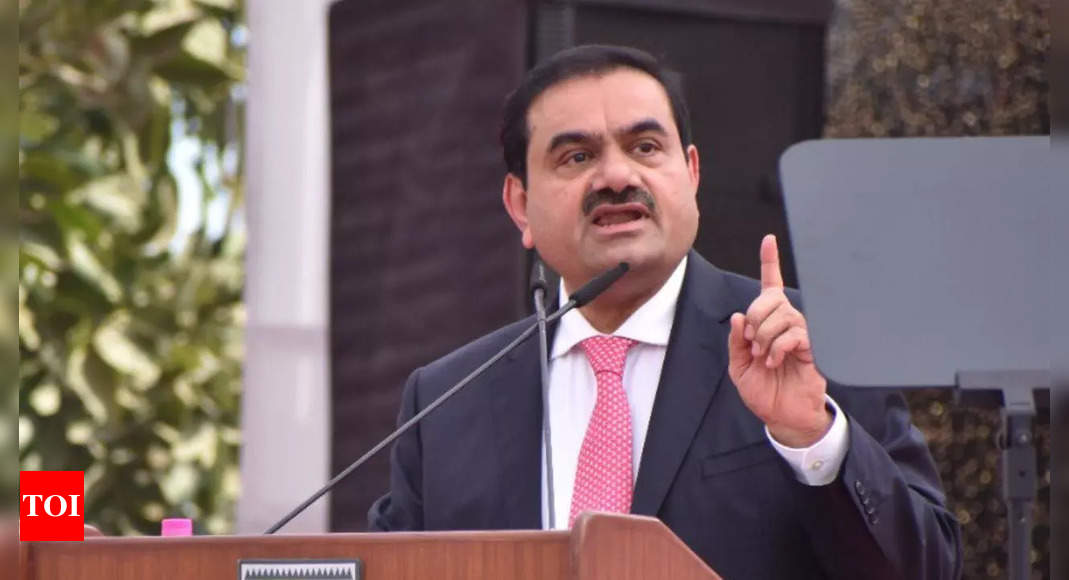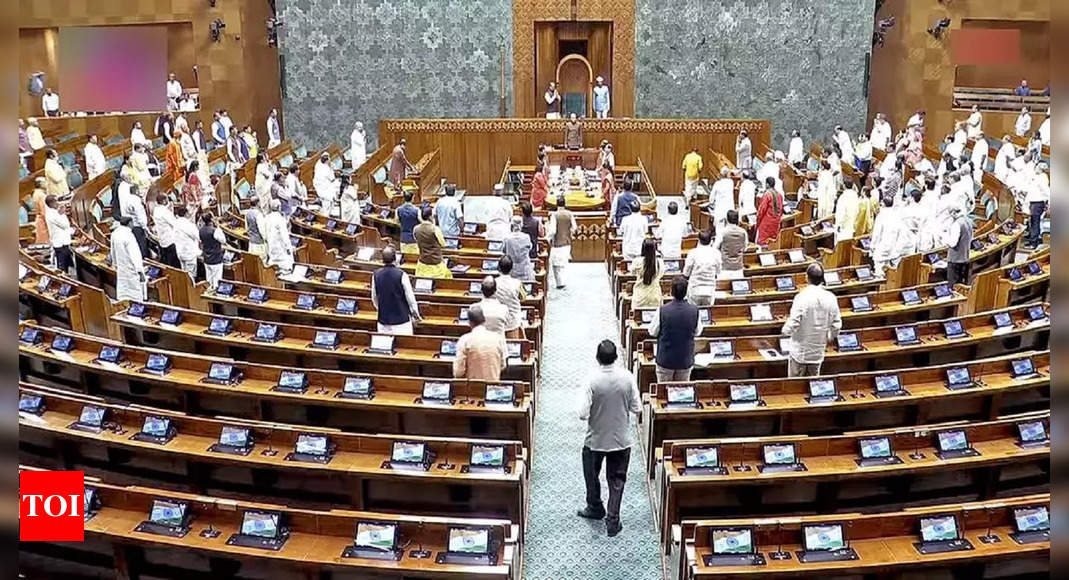

NEW DELHI: Early Asian trading hours on Friday saw a hike in oil prices holding on to strong weekly gains, as investors anticipate potential disruption in crude oil flows amid the Middle East conflict against an amply-supplied global market.
Brent crude futures inched up 9 cents, or 0.12 per cent, to $77.71, while US West Texas Intermediate crude futures were up 8 cents, or 0.11 per cent, to $73.79 a barrel.
Both benchmarks were en route for weekly gains of about 8 per cent.
‘Rupee anticipated to be at lifetime low’
Rupee is anticipated to be at a lifetime low on Friday, as foreign investors withdraw from domestic equities and ongoing Middle East crisis.
A currency trader said, “For sure, (the dollar/rupee pair) would have opened well past 84 looking at oil, the well-bid dollar and the extent of selling.” “However, that is unlikely to happen” he added.
5 per cent rally in oil prices
Oil prices rose by 5 per cent after US President Joe Biden’s on Thursday commented about possible retaliation against Tehran’s missile attack on Israel by targeting Iran’s oil facilities. The comments contributed to a 5 per cent rally in oil prices.
Anticipations about disruption in Middle East’s oil supply, that accounts for about a third of global supply, has affected the market according to ANZ analyst Daniel Hynes.
“The move has been exacerbated by bearish investors unwinding their bets on lower prices. The move could be extended if investors start building bullish positions in oil,” Hynes told Reuters.
However, concerns about supply have eased because OPEC has extra production capacity and the fact that global crude supplies haven’t yet been affected by the unrest.
‘Ending crisis that reduced oil production’
Libya’s eastern-based government and Tripoli-based National Oil Corp on Thursday announced reopening all oilfields and export terminals after resolving a dispute over leadership of the central bank, ending a crisis that reduced oil production.
Iran and Libya are both members of OPEC. Currently operating under US sanctions, Iran produced about 4.0 million barrels per day of fuel in 2023, while Libya produced about 1.3 million bpd last year, according to the US Energy Information Administration.









